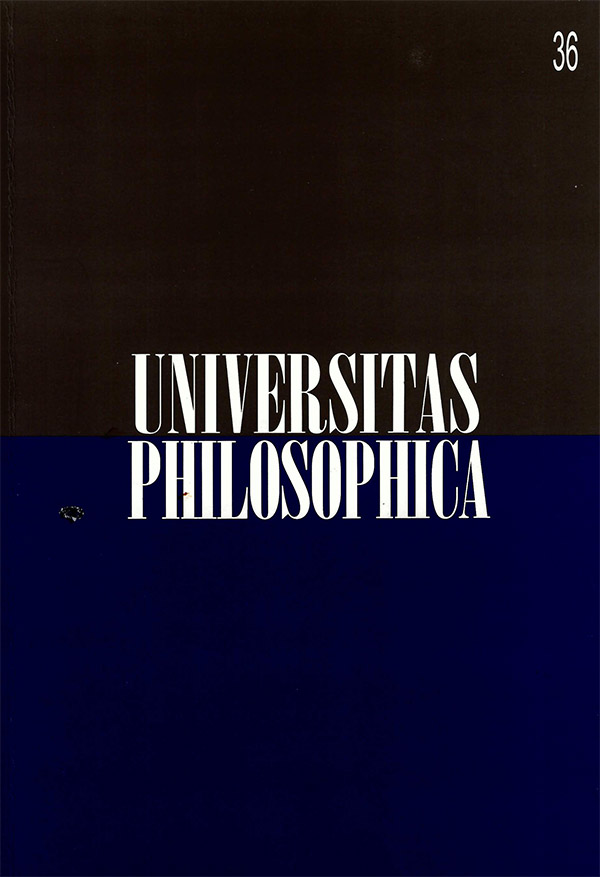Resumen
Un propósito fundamental del pensamiento temprano de Wittgenstein es trazar límites a lo que se puede decir consentido en el lenguaje, en cualquier lenguaje que represente lo real. Al trazar estos límites Wittgenstein extrae como consecuencia de esta labor de crítica del lenguaje en sentido kantiano, que las condiciones lógicas que ha de cumplir el lenguaje para figurar lo real están más allá de tales límites, es decir, ellas son inefables. En su pensamiento tardío, Wittgenstein abandona la idea de que la función esencial del lenguaje es figurar lo real. El lenguaje cumple una amplia diversidad de funciones, a él le damos muchos usos diferentes. El Wittgenstein tardío resalta que los usos significativos del lenguaje descansan sobre condiciones naturales muy básicas. En este ensayo se trata de examinar si estas condiciones naturales también —y por razones similares a las que daba el Wittgenstein temprano respecto de las condiciones lógicas antes mencionadas— quedarían mas allá de los límites de lo expresable y explicable o justificable en nuestros muy diversos juegos de lenguaje.Esta revista científica se encuentra registrada bajo la licencia Creative Commons Reconocimiento 4.0 Internacional. Por lo tanto, esta obra se puede reproducir, distribuir y comunicar públicamente en formato digital, siempre que se reconozca el nombre de los autores y a la Pontificia Universidad Javeriana. Se permite citar, adaptar, transformar, autoarchivar, republicar y crear a partir del material, para cualquier finalidad (incluso comercial), siempre que se reconozca adecuadamente la autoría, se proporcione un enlace a la obra original y se indique si se han realizado cambios. La Pontificia Universidad Javeriana no retiene los derechos sobre las obras publicadas y los contenidos son responsabilidad exclusiva de los autores, quienes conservan sus derechos morales, intelectuales, de privacidad y publicidad.
El aval sobre la intervención de la obra (revisión, corrección de estilo, traducción, diagramación) y su posterior divulgación se otorga mediante una licencia de uso y no a través de una cesión de derechos, lo que representa que la revista y la Pontificia Universidad Javeriana se eximen de cualquier responsabilidad que se pueda derivar de una mala práctica ética por parte de los autores. En consecuencia de la protección brindada por la licencia de uso, la revista no se encuentra en la obligación de publicar retractaciones o modificar la información ya publicada, a no ser que la errata surja del proceso de gestión editorial. La publicación de contenidos en esta revista no representa regalías para los contribuyentes.


